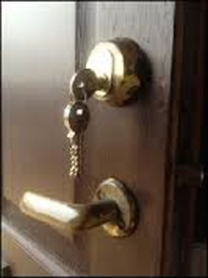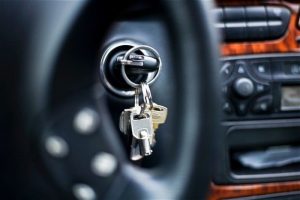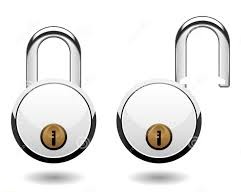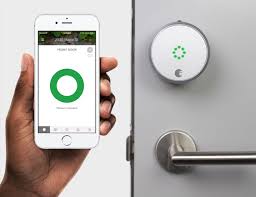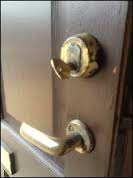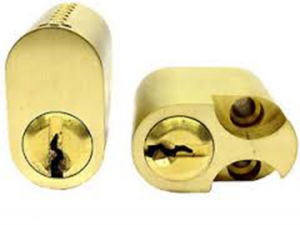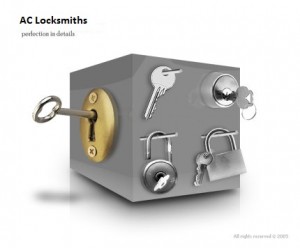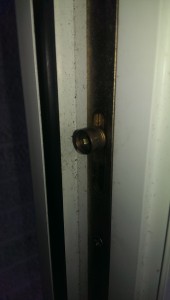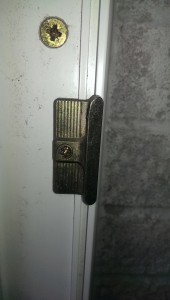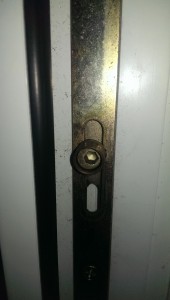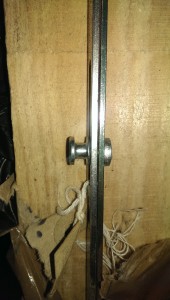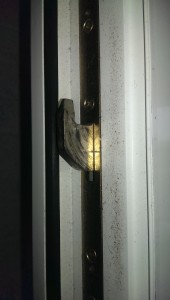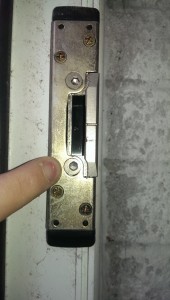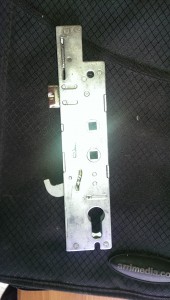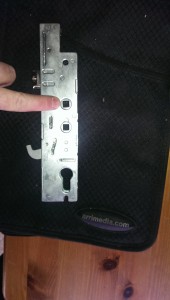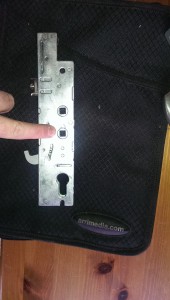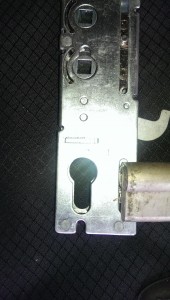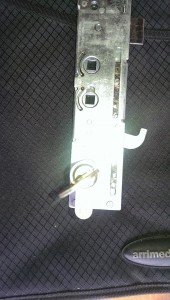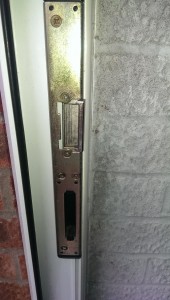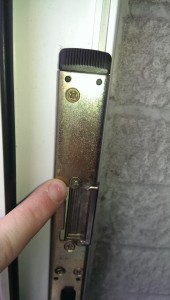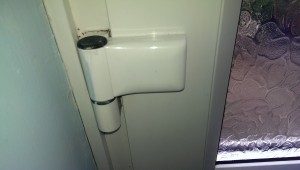Copy keys, insurance & locks
It’s been a while since my last blog, so there is plenty to update and remind.
Firstly, I hope all my customers and readers are well and that this Covid-19 Pandemic has not disrupted your lives too much. I know we have all been affected one way or another but can only wish that for you, reading this, those affects have been minimal.
That aside, the first lock related problem I want to talk about is copy keys. In emergency situations, your locksmith comes along and either fixes, or replaces your lock for you. You might get two or three new keys with the new lock. You also get a guarantee from the locksmith that the lock he has installed will last a certain amount of time. Now, you might need more keys cut. So, you go along to your local cobbler/engraver/chain key cutting company, etc and have some copies made. While I endorse the cobblers and engravers, as they usually have years of experience, the pride of running their own business and a local reputation to uphold, I am not so keen on the chain key cutting shops. These commonly have a high turnover of inexperienced staff who have no vested interest in getting the keys cut right. And the cost of returning to have the job done again, is barely worth the effort, so usually we let it slide. But 90% of the problems I encounter regarding badly cut keys come from these chain shops.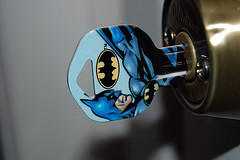
But all key cutters have one outstanding issue. Cheap blanks. There are hundreds of different brands of lock out there, and even more variants within each brand. But one cheap, unbranded blank might work for several different lock brands, so it makes sense for them to use the cheaper unbranded blank to copy your key. While this is all well and good for them, it is not so good for you. Using a badly copied key technically invalidates any guarantee your locksmith left you when he fitted your lock. I have encountered this very problem just this morning. A customer has called me back to a lock that has started to not work quite so well when being operated from one side of the door. The first key I was given to try was a copy. With the copy, the lock caught almost every time I tried to turn it. With an original, it took me ten tries to repeat the problem. Was the fault there before? Not when I first tested the lock. Would it have happened anyway? We cannot know because a new element has been added that is now a potential problem. And that is where the guarantee becomes invalid. Now I am not an evil locksmith. I have given my customer the benefit of the doubt and am replacing the lock with extra keys that will have been machine precision cut by my supplier and guaranteed with the lock. All the keys will be hard wearing steel rather than the soft brass alloy key cutters use to make their cutting blades last longer.
If you are having locks replaced, ask your locksmith to supply all extra keys at the same time. It will cost more, but your guarantee will remain valid and your locks will last longer. If you must get your keys cut elsewhere, ask for genuine steel blanks. This will cost more and you might have to come back after the genuine blanks have been ordered, but your key cutter will triple check he has made a good copy, because he will not want to throw away expensive blanks. Always use the originals as the most used keys. Don’t give an original to the cleaner if the cleaner only comes in once a week. Don’t give an original as the emergency spare to a neighbour who will hopefully never have need to use it. And if you need more than three additional keys, you will be better off buying a keysafe, putting an original key inside it and giving visitors the safe combination rather than a key they can lose anyway. For people who need carers, holiday lets, even long term tenancy lets, the people who use the door most are the people who should have the original keys. Especially the holiday lets. The very last thing you want is someone leaving a comment on trip advisor saying their holiday was ruined because the cheap key broke in the lock and they had to wait hours for the locksmith.
If you are having locks changed, ask your locksmith about extra keys at the time you are having the work done. You might have to wait an extra couple of days, but it will be worth it.
My next continuing point is to mention insurance requirements again. In your buildings and contents insurance there will be a sentence that says something similar to this:
All final exit doors should be secured by a five lever mortice deadlock or equivalent.
If you have a door where you must lift the handles before turning the key, that is fine with your insurance. While these doors often have approximately 5 different locking points, they are not what your insurance is talking about. These are called multi-point locking mechanisms. Some have just three locking points, while others have as many as nine. But all of those count for nothing if you have a weak locking barrel. While insurance companies are still satisfied with basic barrels (despite much lobbying from the locksmith industry), you should ask your locksmith to fit a BSI3621 kitemarked barrel for you. These can be anti-pick, anti-bump, anti-drill, anti-snap or all of these and more. You can get versions in your local DIY store, but your locksmith will know the very best ones around.
If your lock does not require the lifting of handles before locking, then it will almost certainly be a wooden door and that will require either a five lever mortice lock or equivalent as stated. A mortice lock sits mostly inside the door and many people in the UK still refer to these as ‘Chubb’ locks, which is ironic as the Chubb brand sold this branch of it’s company to Union and no longer manufactures them itself. But mortice locks come in three types. 2 lever, 3 lever and five lever. Technically, there are seven lever variants as well, but these are rare. The 2 lever and 3 lever variants are designed for low level security. Internal doors or locks on sheds, summer houses, etc. They should not be on final exit doors. Here in Norfolk, I find an insane number of inadequate locks on properties. I am about to start a job that is a relatively new self-build where the person who built the house did a lovely neat job of fitting totally inadequate locks. If you look at lock faceplate on the leading edge of your door, it will tell you how many levers the lock has. If it says 5 levers, you are fine. Better still if it has a British Standard Kite mark to show it has been tested against all sorts of attacks. Anything less than 5 levers and you are not up to insurance standards. If the lock is so old all indicators have worn away, then its time for a new lock anyway.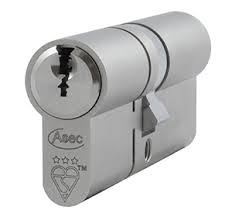
The other alternative is the night latch, often called a ‘Yale’ lock. These are only acceptable if they have the British Standard kite mark.
Please check your own locks and if you know people who might not know or be able to check for themselves, have a little look for them. If you are unsure, a good local locksmith will do a free security check with no obligations.
Finally, for this blog an update on my services. Covid-19 has forced me to branch out even further. So here is an updated selection of the things I can do for my customers in Norfolk.
Emergency call outs (domestic and commercial)
Free security checks (domestic and commercial)
Lock upgrades (domestic and commercial)
Vehicle key production and programming
Emergency vehicle entry
Wireless smart alarm supply and installation (domestic)
Interior CCTV supply and installation (domestic).
UPVC window valeting service (domestic – please check for details)
Light house clearance (please talk to me before paying others)
UPVC door adjustments (domestic and commercial)
Thanks for reading,
Alan
admin August 27, 2020

